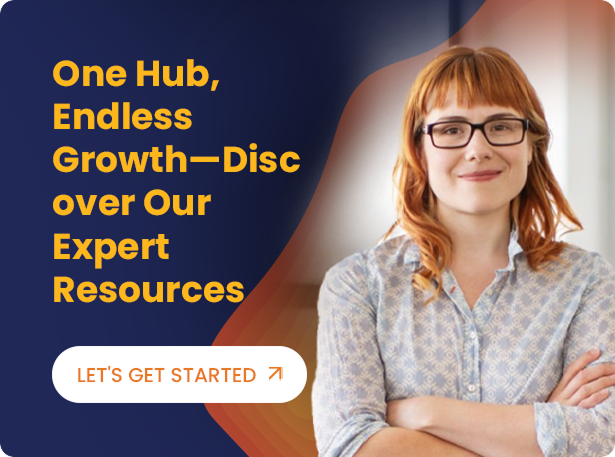.jpg?width=1160&name=GettyImages-1144821348%20(1).jpg)
If you are in sales (or a movie buff), you have undoubtedly heard the phrase “ABC, always be closing,” from Glengarry Glen Ross. That may be a good motivational mantra for selling real estate, but it’s less effective in B2B sales. When dealing with lead qualification for B2B technology, selling it makes more sense to think of ABC as “always be consulting.”
In today’s market, you don’t close B2B customers. They often come to you ready to make a buying decision, so rather than selling them a solution, the sales rep’s job is to help them choose the right solution. In the age of online information access, B2B buyers proactively seek out what they need to address their enterprise issues. They usually have a good idea of the solution they need and the budget they want to spend, so by the time they get to your company, they are working through their final checklist trying to decide.
According to Gartner, B2B buyers only spend 17 percent of their time talking to vendors. They spend 45 percent of their time researching potential solutions and 22 percent of their time meeting with those involved in the purchase. So, the sales rep’s role is to act as a consultant and determine what the prospect needs and what the ROI looks like for them and you.
“Always Be Consulting”
Consulting has become an important part of lead qualification. Today’s successful B2B sales are the result of working with customers and finding the right solution to their specific problem. As part of lead qualification, you must assess the prospect’s problem and ensure that your solution can address it. The more complex the sale, the more lead qualification is required.
When qualifying enterprise or SMB deals, you need to consider the four D’s:
- Discovery – This is the preliminary stage of lead qualification where you determine exactly what the prospect’s pain points are and what problem they are seeking to solve. You also need to determine if the prospect’s budget is big enough to address the problem.
- Diagnosis – Before you can close the deal, you need to determine if your solution is a good fit. This includes not only matching features and functionality to the problem but assessing compatibility with other technologies and determining what may be needed in the future. Customer support will have to figure into the contract costs and long-term value of the contract.
- Design – Whether the solution is simple or complex, you need to map it out in advance to establish the scope of the contract and associated costs.
- Delivery – Now you are ready to finalize the deal and deliver the solution.
If you are working with a buyer who has done their homework and already determined you have what they need, then the lead qualification process is easier. However, there are still prequalifiers to consider:
- Budget – Price is always an issue, and too often costs are discussed late in the qualification process. Part of the challenge of consultative selling is ensuring the effort invested in addressing the problem yields the best return on the deal.
- Resources - Consider the possible investment in time and resources as well. If the problem is well-defined and you can make an accurate assessment of what’s required, then you have a solid basis to estimate costs and determine ROI. If too much consulting work is required or the problem is ill-defined, you may experience scope creep, which means the solution becomes too expensive so it is either unaffordable for the prospect or you will end up losing money on the sale.
- ROI – Take the long view to determine the return on investment. Will the contract yield immediate payback, or is there potential for greater returns later? Part of the challenge of consultative selling is ensuring the effort invested in addressing the problem yields the best return on the deal.

Outsourcing Can Help
Even the best consultants don’t do everything themselves. It pays to find the right outsourcing partner to assist with lead qualification and closing a consultative deal.
According to one report, sales reps only spend 33 percent of their time actively selling. That means the rest of the time they are qualifying leads, tracking prospects, and performing other tasks. Outsourcing lead generation and lead qualification can save a lot of valuable sales rep time, and lead to result in more highly qualified prospects.
It also pays to get help working with prospects to define the scope of the engagement. You will need specialists, such as sales engineers, to assist with diagnosing the problem and designing a solution.
Post-sale you will need support with onboarding and customer success. Having the right outsourced partner to support new customers increases the value of the contract and promotes additional sales.
So, how do you think about your B2B selling ABCs? Always be consulting is a better mantra for today’s B2B sales rep. No matter how you approach it, successful B2B selling starts with in-depth lead qualification so you can understand the prospect’s need before you help devise the best solution.
If you want to learn more about outsourcing and how it can strengthen your B2B consulting team, be sure to read our guide, Is Outsourced Inside Sales Right for You?







